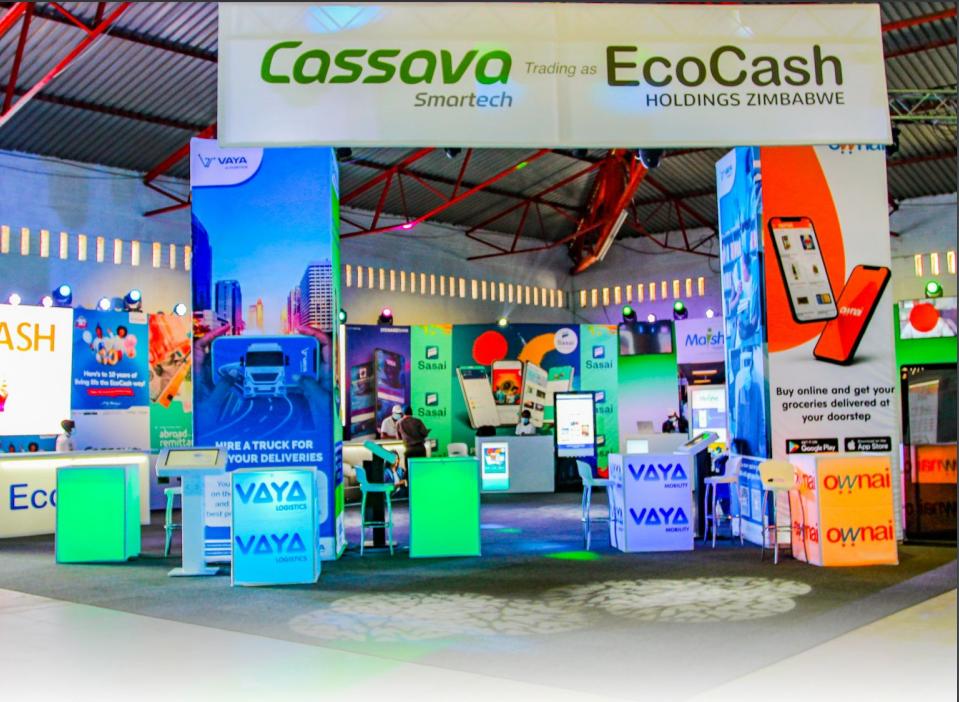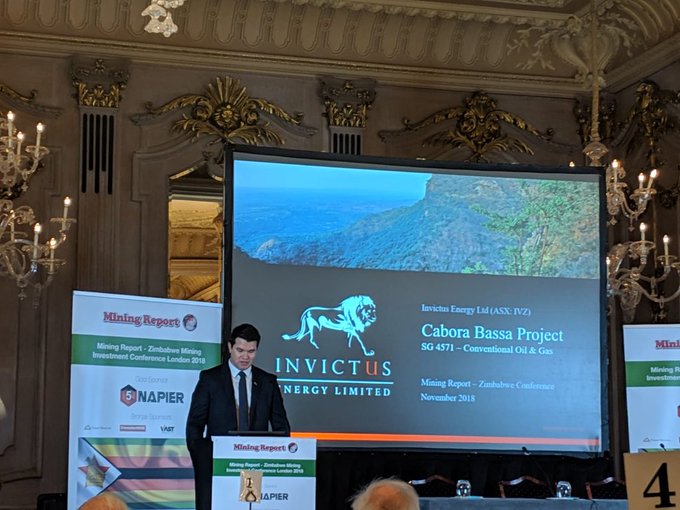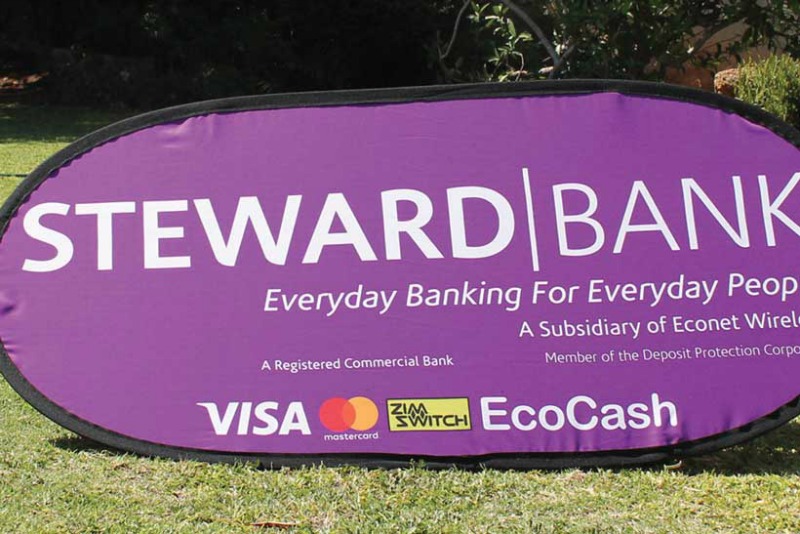‘High cost of compliance fuelling informalisation, provides thriving market for counterfeit’
Some players in the Small and Medium Enterprises (SMEs) sector say the exorbitant cost of compliance is driving businesses into the informal sector, inadvertently creating a lucrative market for counterfeit goods.
According to the sector’s stakeholders, enterprises are struggling to cope with the financial burden of regulatory compliance, thus forcing them to operate outside the formal economy.
When the cost of complying with regulations, laws and standards become prohibitively expensive, businesses and individuals are often forced to operate outside the formal sector.
This is because the costs of compliance, such as licensing fees, taxes and bureaucratic requirements, can be too high for small businesses or low-income individuals to bear. As a result, small business owners decide to operate informally, avoiding the costs and complexities of formal registration and compliance.
In Zimbabwe, this has led to a rampant and thriving informal sector, where businesses and individuals are operating outside the law.
Critically, the thriving informal sector has been blamed for being the hotbed for counterfeit products that have grown to infest the local economy.
The proliferation of informal businesses has created a fertile ground for the sale of counterfeit products owing to the lack of regulatory oversight which makes it easier for them to sell fake products without fear of detection or prosecution.
Economic commentators have repeatedly pointed out that informal businesses often operate in markets or areas where it is difficult to track their activities, which makes it difficult for law enforcement agencies to identify and prosecute sellers of counterfeit goods.
As a result, informal businesses are now operating with impunity, selling counterfeit products to unsuspecting consumers.
Another factor contributing to the sale of counterfeit products is the informal sector’s ability to offer lower prices than formal businesses given that they do not pay taxes, rent, or other overhead costs, allowing them to keep their prices low.
Consequently, price-conscious consumers are often attracted to these prices, in the process at times purchasing counterfeit products.
Worryingly, some of the informal businesses have established relationships with suppliers of counterfeit goods, making it easier for them to source and sell these products.
This network of suppliers and distributors is slowly proving difficult to disrupt, given its nature, which involves complex and clandestine operations.
In some cases, law enforcement agencies have not been able to prioritise the enforcement of intellectual property rights in informal markets due to lack of resources and sometimes corruption.
Economic commentators have recurrently enunciated that the sale of counterfeit products by informal businesses undermines the economy, harms legitimate businesses and puts consumers at risk.
However, while addressing delegates at the National Economic Consultative Forum (NECF) Dialogue on the Consequences of Counterfeit Products, SME Association of Zimbabwe, chief executive Farai Mutambanengwe said: “… the reason why we are seeing the transformation from a formalised economy to an informalised economy is because of the structural issues that we are seeing in the economy. We used to have established value chains but they have disappeared because of structural issues.
“We need to fix these challenges that include high costs of compliance, and high hurdles to entry, which lead to people circumventing the regulatory processes. If we fix those things, then we reduce that problem.”
Director in the Ministry of Small Women Affairs, Community Small and Medium Enterprises Development, Francis Gondo, said his ministry shares strong concerns about the prevalence of informal market and counterfeit products.
He said it had increasingly become evident that intricate and costly regulatory environment were creating significant barriers.
“We are also deeply concerned about the issue of counterfeit goods and products in our market but one issue that is coming out is the complex and costly regulatory environment to operate a properly licensed shop.They are required to go through so many processes and because of that, they end up having this kind of illicit businesses not because they do not want to abide by the law, but the law is punitive,” said Gondo.
The SME sector has repeatedly implored the Government to institute a simplified tax regime in order to promote compliance of the sector. This comes as Finance and Economic Development Minister, Professor Mthuli Ncube, recently announced that the Government will make some significant changes to taxes and regulatory fees for businesses to enhance the ease of doing business and make the country more investor-friendly in the coming six months.
Some taxes and fees will be reduced by half, while others will be eliminated entirely.
This overhaul is intended to simplify the licensing system and reduce bureaucratic barriers, making it easier for businesses to operate and thrive.
ebsinessweekl











